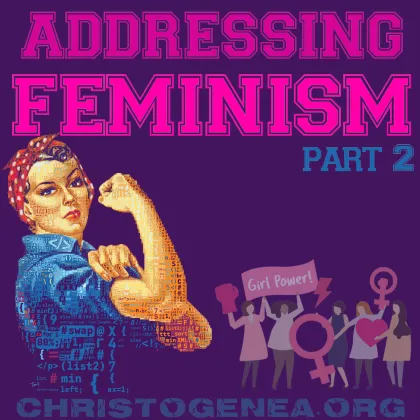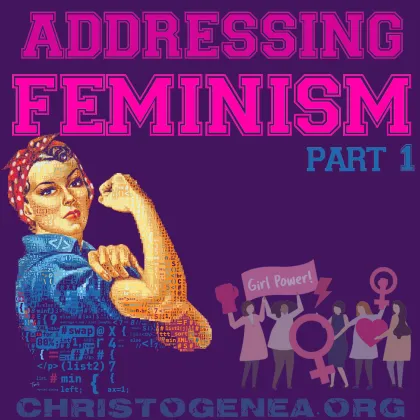A Presentation of Clifton Emahiser's Telegony, Fact or Fiction?
This is a presentation of Clifton Emahiser's paper, Telegony, Fact or Fiction?
The following resources were mentioned during the program:
An issue of Applied Trophology in PDF which is unrelated to the program material, but we wanted to show that the publication once existed. Standard Process Laboratories was the publisher, and the company is still in business. [Click here for their product information on protomorphogens.]
The Etiology of Racism in Europe, which is evidently not the edition that Clifton had quoted for his article, but the original website no longer has that article.
In relation to the discussion of microchimerism:
A Study from the January, 1996 issue of the journal Medical Sciences entitled Male fetal progenitor cells persist in maternal blood for as long as 27 years postpartum
Another study on microchimerism which was cited is found at the website Science Daily, and is titled Male DNA commonly found in women’s brains, likely from prior pregnancy with a male fetus


 Frederick III of the House of Wettin, who also known as Frederick the Wise, was the Elector of Saxony and Landgrave of Thuringia and, upon the death of Maximilian I, he was also the preferred choice to become emperor by the de Medici Pope Leo X. However Frederick chose instead to support the efforts of Charles V in his bid to become emperor, and Frederick was instrumental in assuring his election. Martin Luther had long been a friend and correspondent of George Spalatin. Like Luther, Spalatin was a priest, and he was also one of the young humanists at the University of Erfurt who were under the tutelage and leadership of the Catholic prebendary and famous humanist, Conrad Mutianus, whom we had discussed at length in the earlier presentations of this subject. It was Mutianus, or Mutian, who had introduced Spalatin to Frederick, and in 1509 Spalatin became Frederick's librarian, but quickly rose to the position of court chaplain and secretary. Spalatin was with Frederick at the election of Charles V, during his coronation, and also at the Diets of Augsburg in 1518, and of Worms in 1521, where Luther faced trial. During the years from his time at Erfurt and up to this time approaching the Diet of Worms, Spalatin had always urged Luther to caution. But he nevertheless supported Luther even after Luther failed to heed his advice.
Frederick III of the House of Wettin, who also known as Frederick the Wise, was the Elector of Saxony and Landgrave of Thuringia and, upon the death of Maximilian I, he was also the preferred choice to become emperor by the de Medici Pope Leo X. However Frederick chose instead to support the efforts of Charles V in his bid to become emperor, and Frederick was instrumental in assuring his election. Martin Luther had long been a friend and correspondent of George Spalatin. Like Luther, Spalatin was a priest, and he was also one of the young humanists at the University of Erfurt who were under the tutelage and leadership of the Catholic prebendary and famous humanist, Conrad Mutianus, whom we had discussed at length in the earlier presentations of this subject. It was Mutianus, or Mutian, who had introduced Spalatin to Frederick, and in 1509 Spalatin became Frederick's librarian, but quickly rose to the position of court chaplain and secretary. Spalatin was with Frederick at the election of Charles V, during his coronation, and also at the Diets of Augsburg in 1518, and of Worms in 1521, where Luther faced trial. During the years from his time at Erfurt and up to this time approaching the Diet of Worms, Spalatin had always urged Luther to caution. But he nevertheless supported Luther even after Luther failed to heed his advice.






 Please click here for our mailing list sign-up page.
Please click here for our mailing list sign-up page.







